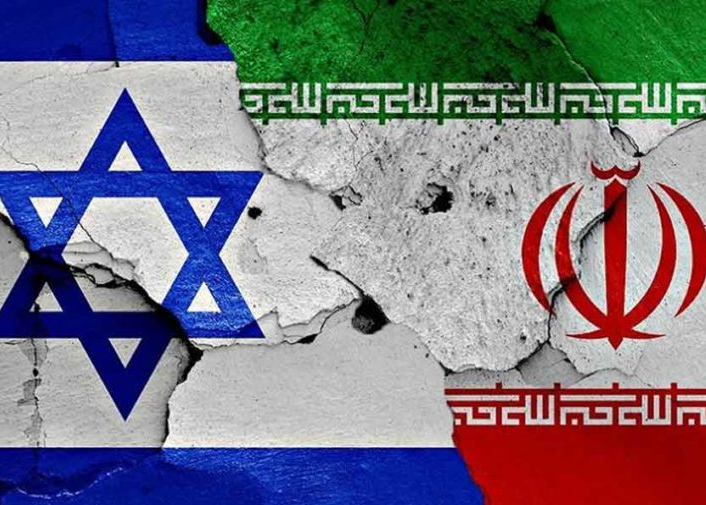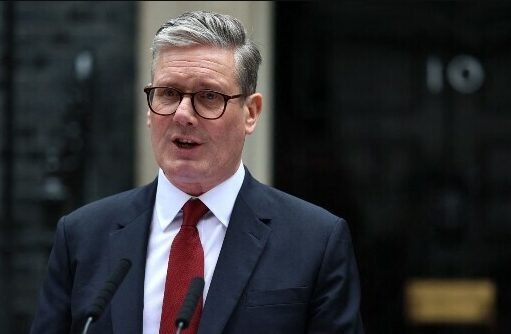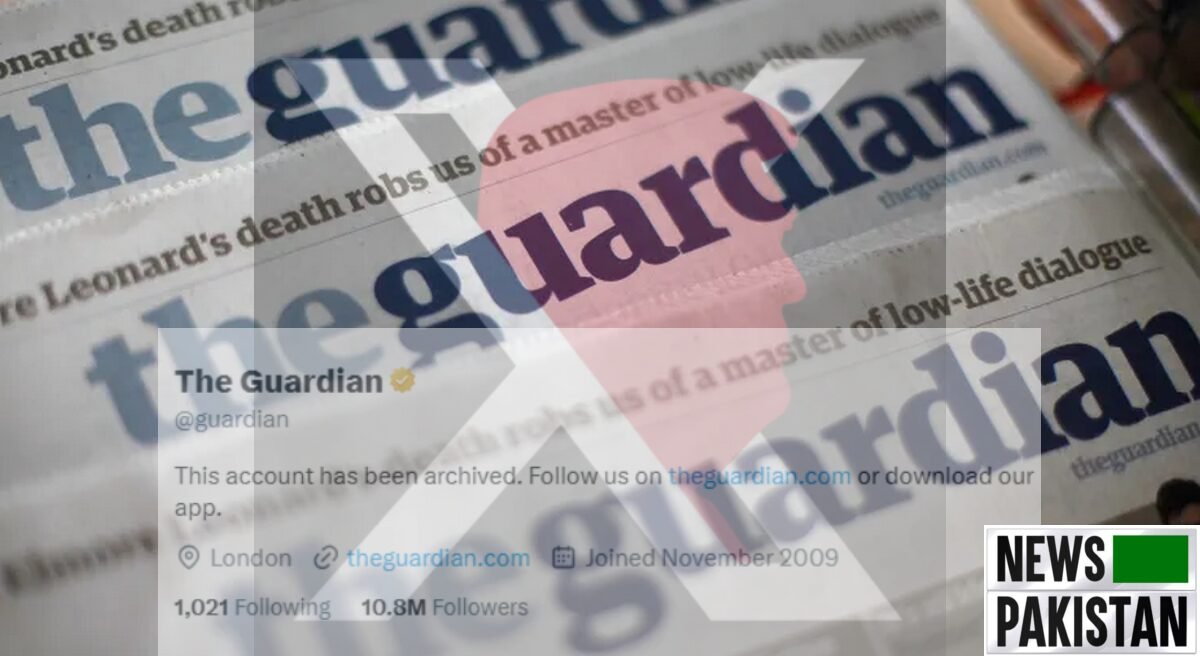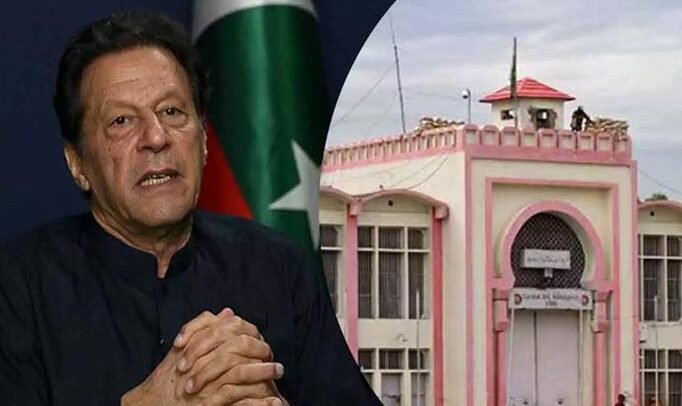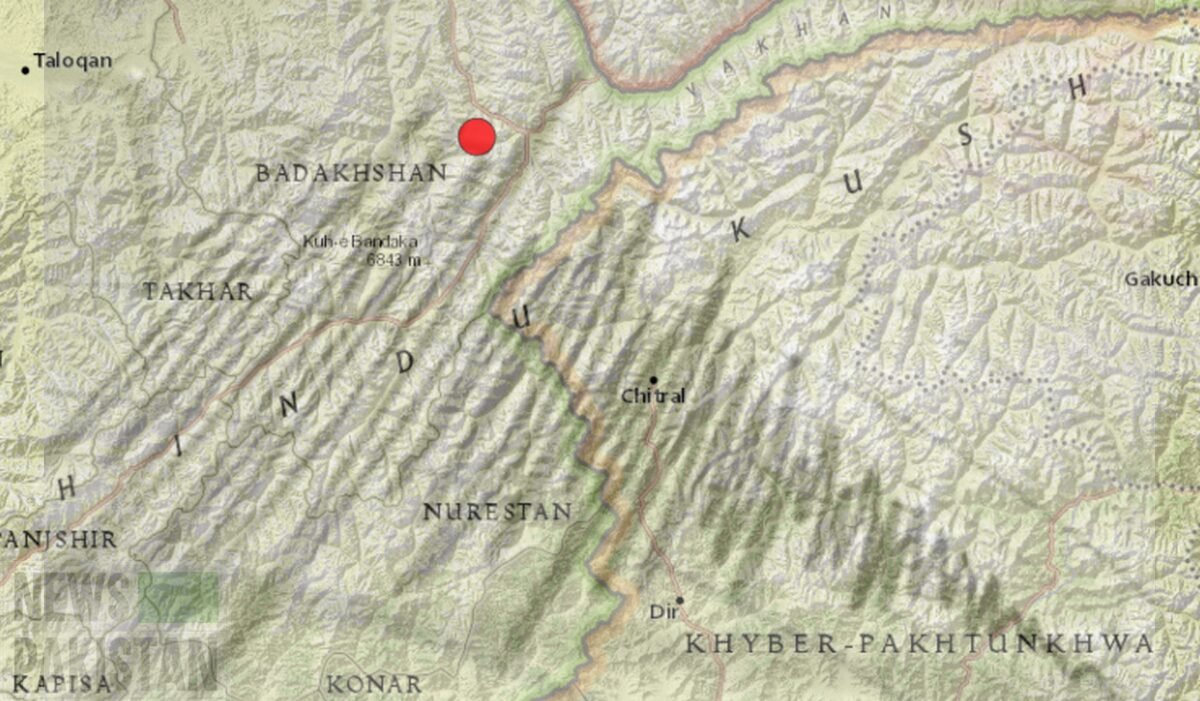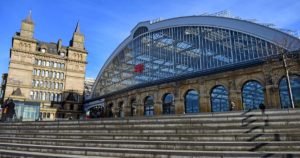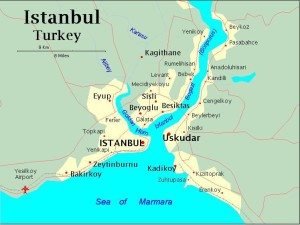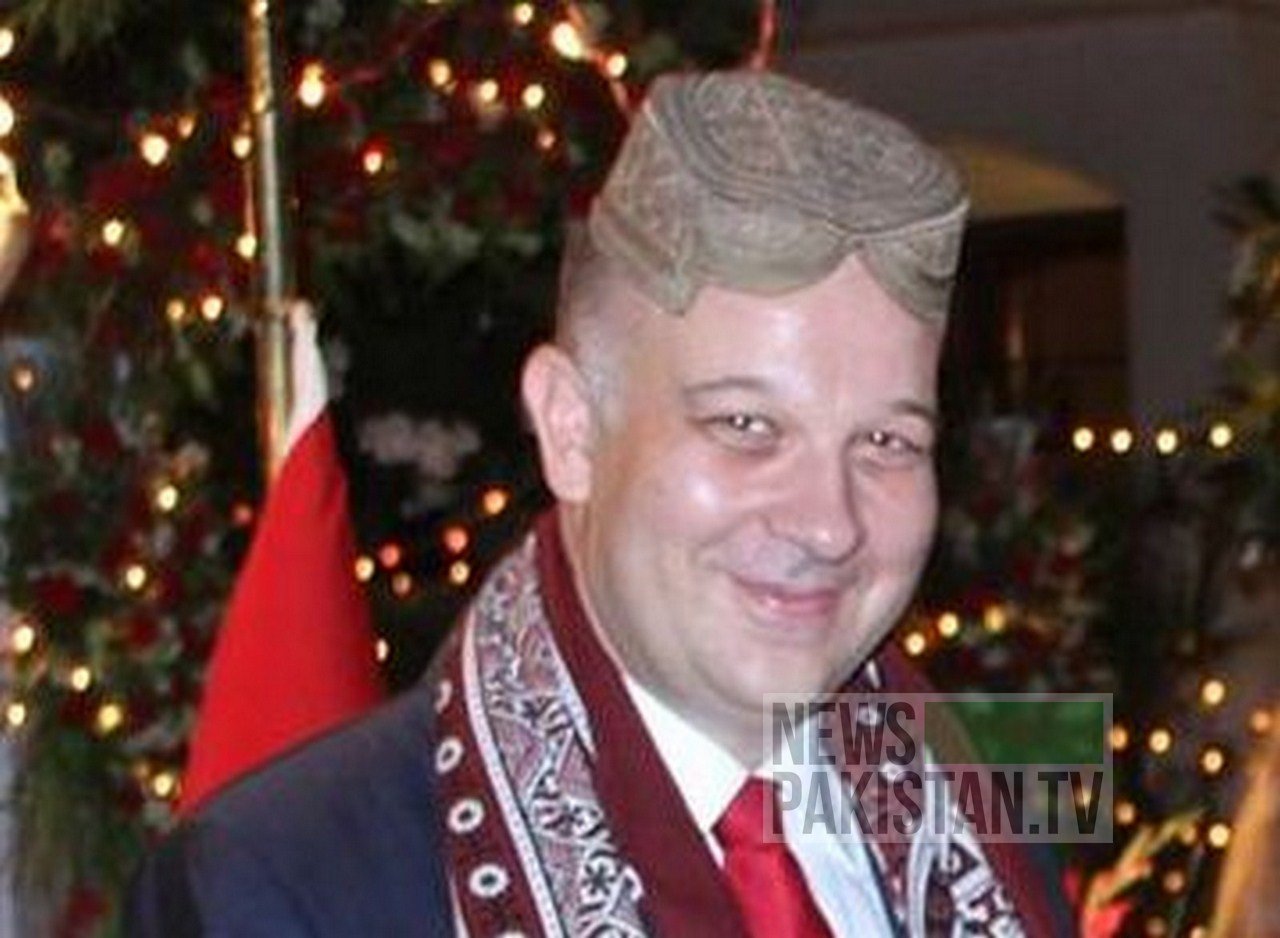
murat onart Copy
A talk with the Turkish CG
M M Alam
M. M. Alam is a Pakistan-based working journalist since 1981. Karachi University faculty gold medalist Alam began his career four decades ago by writing for Dawn, Pakistan’s highest circulating English daily. He has worked for region’s leading publications, global aviation periodicals including Rotors (of USA) and vetted New York Times as permanent employee of daily Express Tribune. Alam regularly covers international aviation and defense-related events including Salon Du Bourget (France), Farnborough (United Kingdom), Dubai (UAE). Alam has reported thousands of events and interviewed hundreds of people in Pakistan, UAE, EU, UK and USA. Being Francophone Alam also coordinates with a number of French publications.
